PH EMBASSY HOSTS FEU DANCE COMPANY IN SEOUL PERFORMANCEbioclavid wiki kapslerbruger.site bioclavid til hunde
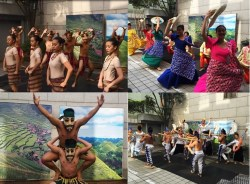
The FEU Dance Company, third place finish as Philippine representative at the recently concluded 2015 Cheonan World Dance Festival, the largest event of its kind in Korea, performs the Ragraksakan, Karatong, Moriones, and Maranao Suite at the Bravo Filipino! free public performance of Filipino folk dance at the Embassy Chancery grounds on 13 October 2015.
SEOUL, 13 October 2015 – The Philippine Embassy in Seoul organized “Bravo Filipino!,†a free public performance of Filipino folk dance by the renowned Far Eastern University (FEU), Dance Company at the Embassy Chancery grounds on 13 October 2015.
The 23-member FEU Dance Company, which was led by Martin Lopez, Director of FEU’s President’s Committee on Culture, and artistic director Edward Malagkit, was coming off a third place finish as Philippine representative at the 2015 Cheonan World Dance Festival in South Chungcheong Province, 86km south of Seoul. During their call before the performance, Philippine Ambassador to Korea Raul S. Hernandez congratulated the group for their winning performance at the festival, the largest event of its kind in Korea, and thanked them for the “tremendous opportunity for the Embassy get a chance to present the FEU Dance Company to the Korean public for free.†The group then performed an hour-long program at an outdoor space behind the Embassy Chancery before an audience of about 40 members of the Filipino community in Korea, including officials from the Seoul Global Center. They showcased a variety of folk dances, namely the Ragraksakan, Karatong, Moriones, and Maranao Suite, with elaborate costumes and props and capped the performance with an all-Filipino hiphop medley. With a history spanning almost 60 years, the FEU Dance Company (FDC) won the right to represent the Philippines at the Cheonan World Dance Festival by beating the best dance troupes in the country at the 2014 Folk Dance Competition sponsored by the Bayanihan National Folk Dance Company in the Cultural Center of the Philippines. The FEU Dance Company was conceptualized in 1957 by National Artist for Literature Alejandro Roces, who was then dean of the FEU Institute of Arts and Sciences, in response to an invitation for schools to present Philippine folk dances at the 1958 Brussels World Fair. The group traveled to Europe in 1959, where they received standing ovations, and won in several world competitions in France and Spain, becoming the first university-based Philippine dance group to garner such accolades. Becoming practically an overnight sensation in their European tour, the FEU Folk Dance Group received invitations to the Chicago International Fair and Exposition and in Broadway in 1959, but funding difficulties kept them from going. The group’s growing fame guaranteed appearances in several movies in the Philippines' first Golden Age of Cinema, notably in Noli Me Tangere, the 1961 award-winning adaptation of the incendiary novel of Philippine national hero Jose Rizal, directed by pioneering Filipino filmmaker and National Artist for Film Gerardo de León. Today, the FEU Dance Company continues to win awards and adeptly perform almost every dance genre possible - from folk, jazz and ballet to ballroom, and hiphop. – END–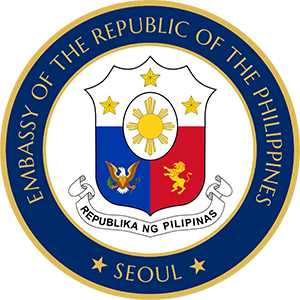


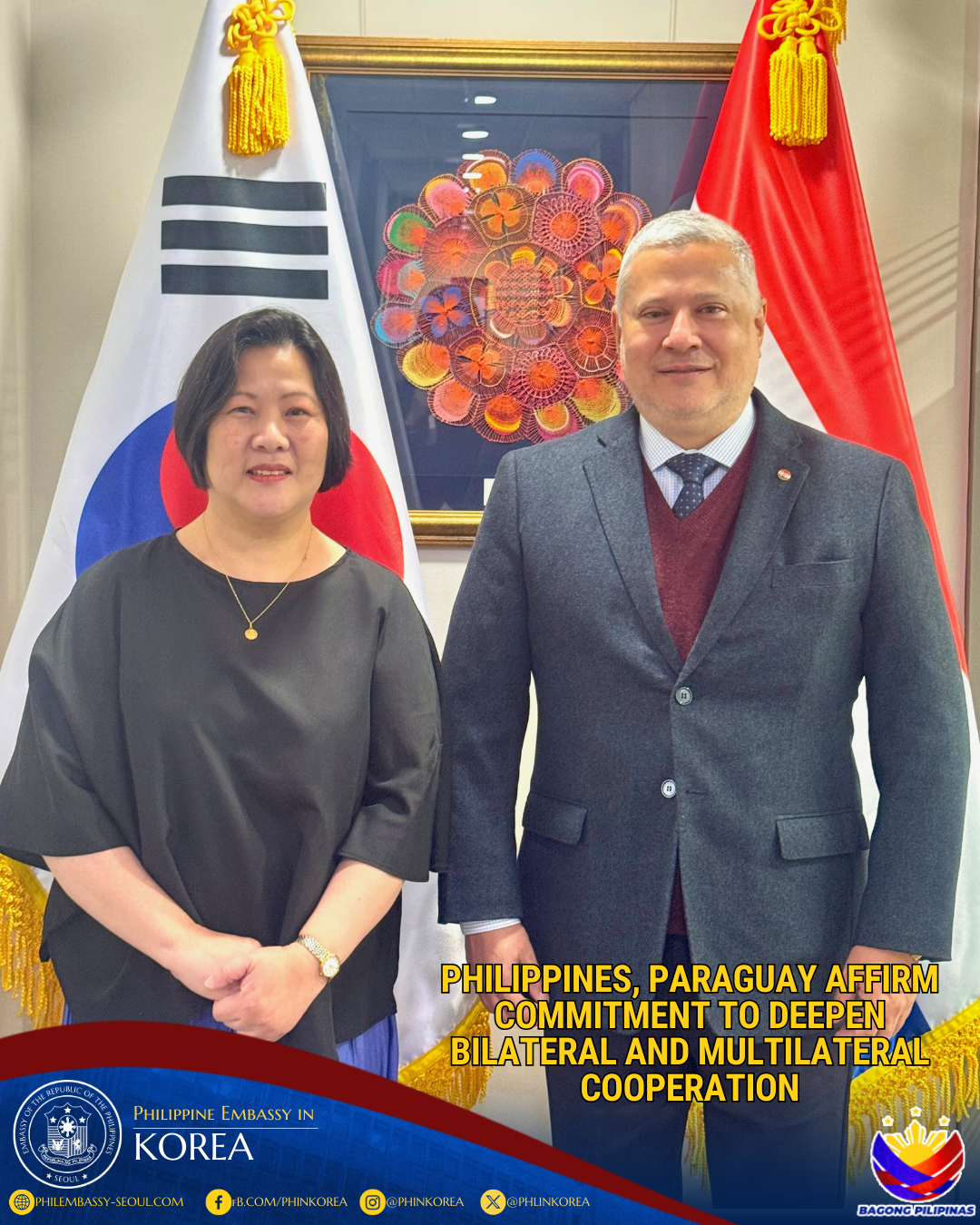 January 28, 2026
January 28, 2026
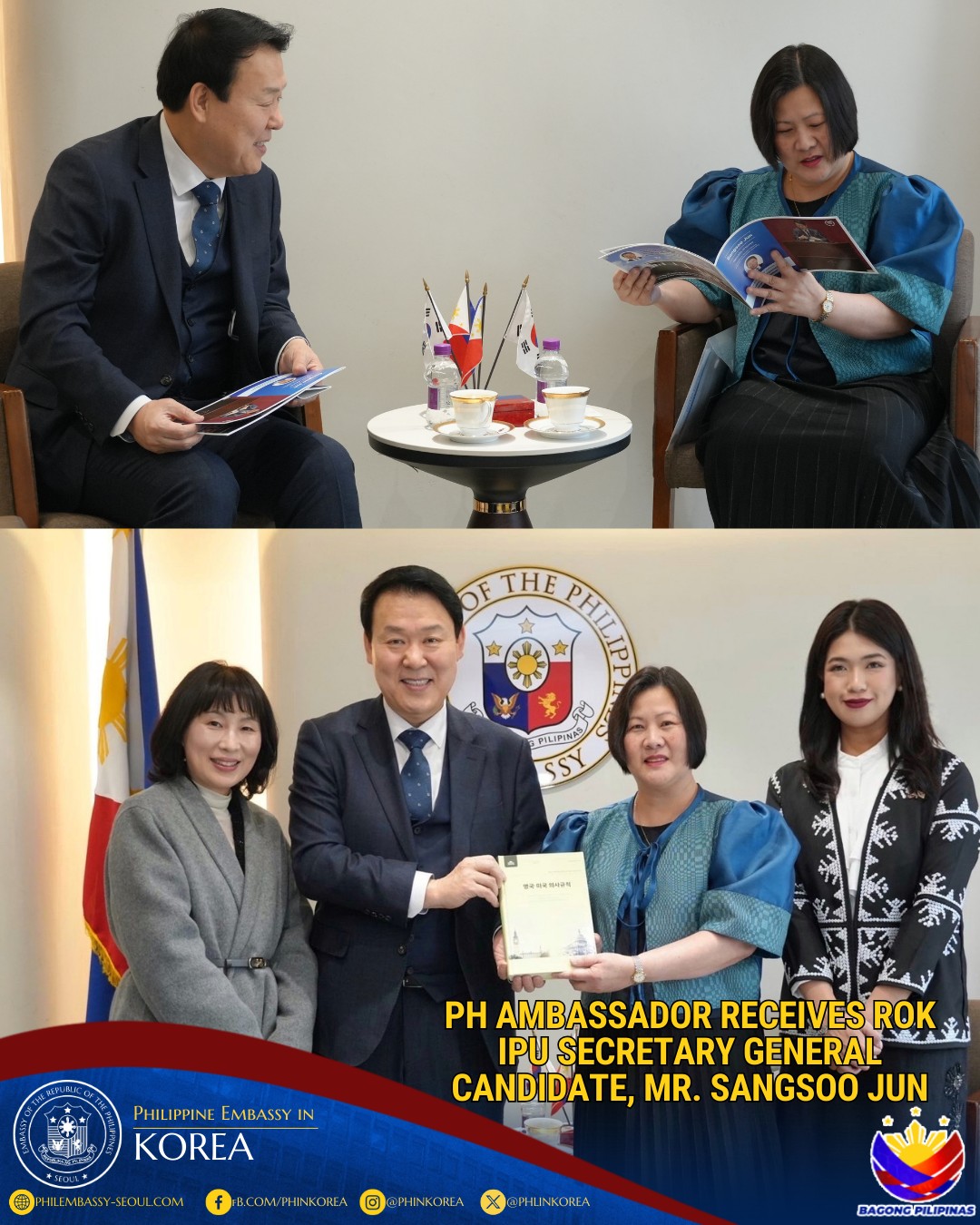 January 26, 2026
January 26, 2026
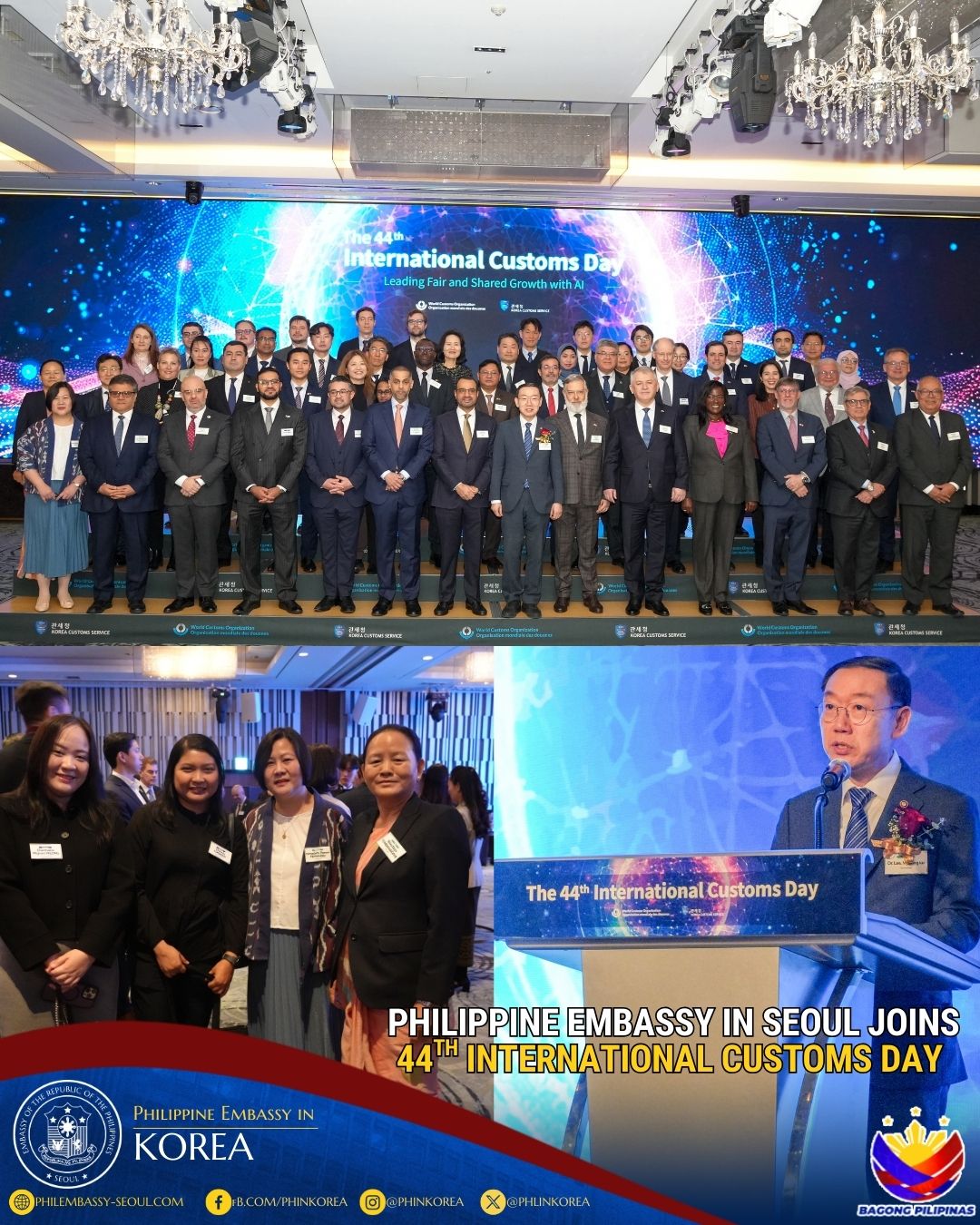 January 29, 2026
January 29, 2026
